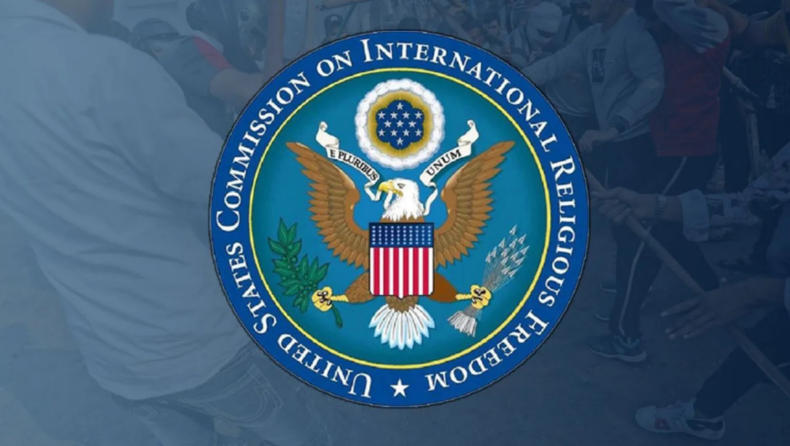It was the third consecutive year that the US Commission on International Religious Freedom (USCIRF) requested that India be put on a rundown of “nations of specific concern” — a proposal that has infuriated New Delhi and is, for all intents and purposes, sure to be excused by the State Department.
The US Commission on Monday said that religious freedom in India has gone down a lot under the BJP government because of sanctions that were put in place because of alleged abuses.
It mentioned numerous attacks on religious minorities, particularly Muslims and Christians, in 2021 as Prime Minister Narendra Modi’s administration advanced its philosophical vision of a Hindu state through policies hostile to minorities.
The USCIRF (United States Commission on International Religious Freedom) advances suggestions and archives claims of abuses. But still, the State Department eventually settled on the strict opportunity boycott.
The report said that during the year, the Indian government increased its promotion and requirements of approaches—including those advancing a Hindu-patriot plan—that adversely influenced Muslims, Christians, Sikhs, Dalits, and other strict minorities. Also, the USCIRF accused India of repressing human rights defenders from religious minorities.
“Government action, including the continued enforcement of anti-conversion laws against non-Hindus, has created a culture of impunity for nationwide campaigns of threats and violence by mobs and vigilante groups, including against Muslims and Christians accused of conversion activities,” the report reads.
The commission hit out against the Indian government over a Citizenship law that most optimized plans of attack naturalization for non-Muslims, referring to it as unfair, while additionally hammering hostile to strict transformation regulations that it said target interfaith relationships in certain states.
India has previously dismissed the commission’s proposal to boycott the nation over supposed infringement of religious freedom, referring to its discoveries as biased and one-sided.
Edited By: Khushi Thakur
Published By: Akshaj Joshi













